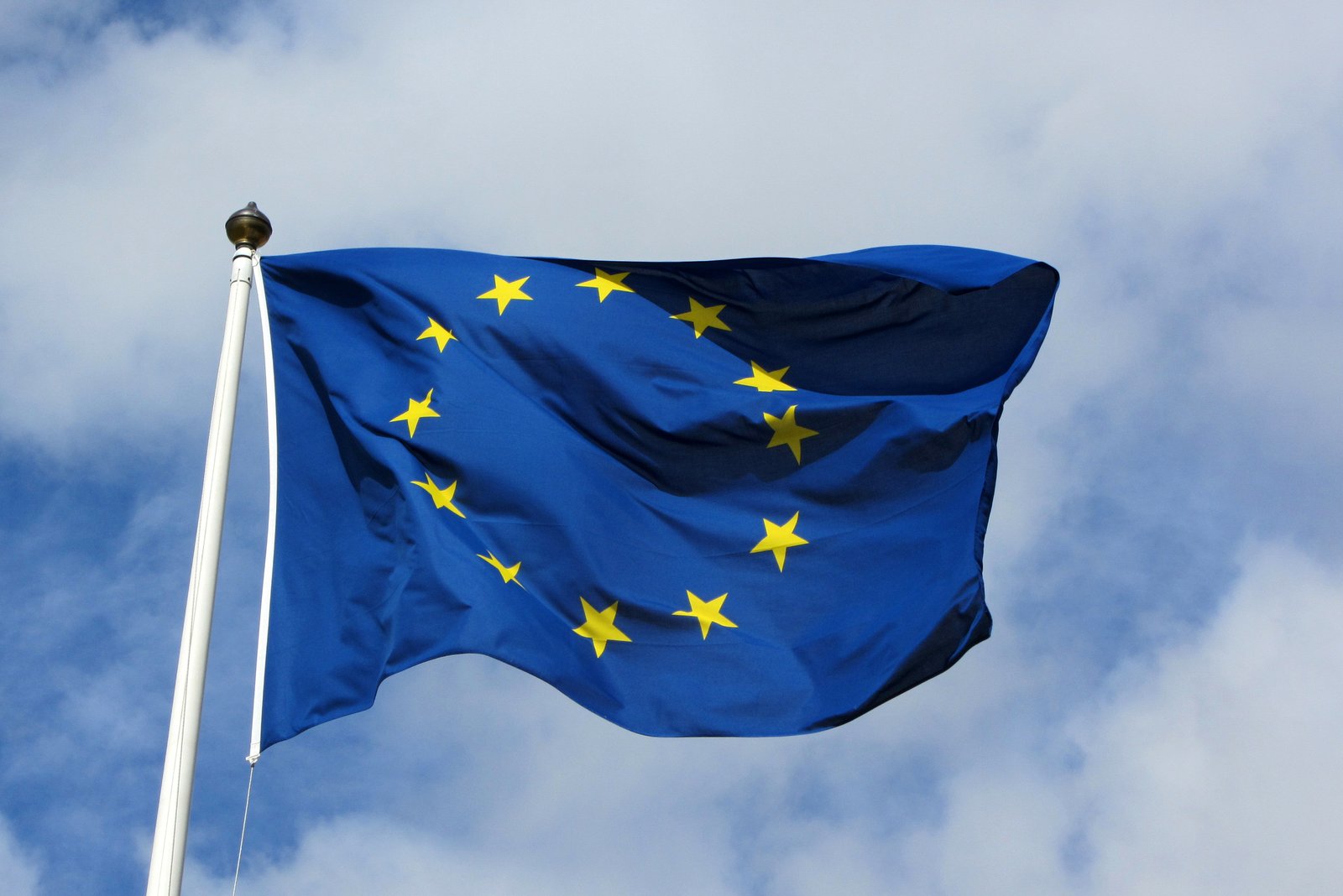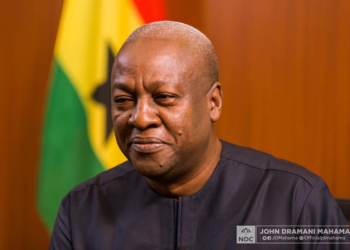The Head of Delegation of the European Union to Ghana, Mr Claude Maerten, has described as misleading claims made by some individuals and organisations that the signing of the Economic Partnership Agreement (EPA) by Ghana would bring higher competition to the Ghanaian local manufacturing industry.
He said the assertion that cheaper goods that came from the European industry would wipe out some local industries was inaccurate.
“When you look at the trade patterns between Europe and Ghana you will see that what is imported the most from Europe is capital goods which are required to enter the production process in Ghana,” he said
Mr Maerten was answering a question on some concerns raised on the EPA by some civil society organisations and individuals during a press conference to commemorate the celebration of European Day in Ghana.
EU Day
Europe Day is an annual celebration of peace and unity in Europe.
The day is also held in commemoration of the Schuman declaration of May 9, 1950, which called for the unification of Europe to make war on the continent impossible and spread peace and prosperity globally.
This led to the creation of the European Coal and Steel community, the first European Community, and hence it is considered a principle founding moment.
EPA positive thought
Mr Maerten explained that those products were not produced locally and that Ghana needed to import them for the benefit of its economy.
“So this should be given a positive thought because if it is possible to import those products without tariffs, it will make your industry more competitive so you will be able to produce more to have higher export volumes to other countries in the world, including Europe,” he said.
He said one of the advantages of the agreement was the opportunity to import other essential goods such as medicines which were not produced in Ghana.
EU achievements
Mr Maerten said 2014 was a special year for the EU as it celebrated the joining of 10 new members to the union.
“The 2004 enlargement was a crucial step towards overcoming decades of division on our continent. Since then three new members have joined our club, a testament to the continuing attraction of closer ties to the EU,” he said.
He said the EU had continued to promote trade development between member countries and across the world as a means of growth, “and we maintained our commitments to developing countries”.
He said the EU was still strong because of the necessary economic reforms which were now being implemented across Europe, adding that its economic governance had been reinforced to make Europe’s economies fitter for globalisation.
Source: Graphic Ghana
















